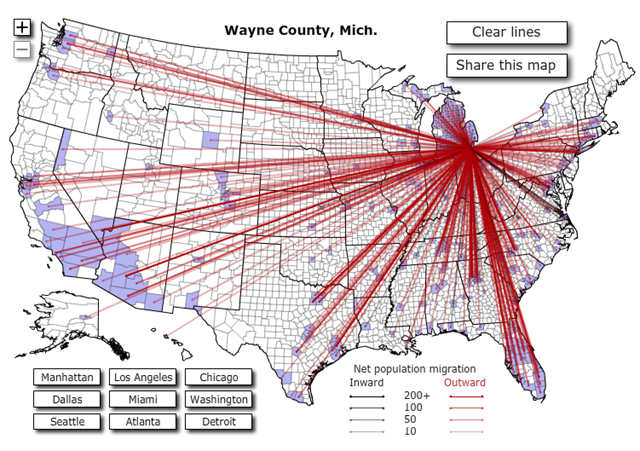An interesting aside in this Toronto Star article by Rondi Adamson:
However, what is most interesting about these stories is what they reveal about immigrants and Canadian politics. There was a time when the Liberal party could count on immigrant votes. For years, many immigrants who came to Canada under a Liberal government — which would cover much of the last century — reflexively voted Liberal. Part of this was out of gratitude and part of it because the Conservatives (or Progressive Conservatives) never bothered to court the immigrant vote.
[. . .]
Anyone who thinks people choose Canada because of multiculturalism or bicycle lanes in big cities would do well to remember our last municipal election, when Rob Ford received over 50 per cent of the votes of Torontonians born outside Canada. I can tell you my own tale — a couple of summers ago I taught ESL in a Toronto suburb. My students were teenagers new to Canada. I asked them why their parents came here. Almost down to a kid they said, “Because we couldn’t get into the States.” They did not say, “Because Canada is diverse and signed the Kyoto Protocol.” They did not have a Panglossian view of this country. They saw it as they saw the United States — free and fair — though not as powerful a draw.
It is nice when politicians attend cultural celebrations and clumsily do ethnic dances and don hats that make them look goofy. But new and old Canadians respond positively to substance in the form of sensible policy, as opposed to making a show of being inclusive. It was Chen’s case that brought about support for Bill C-26, intended to expand the right to defend one’s home and property. I am pleased that, since the Maroli case, no politician has proposed a correlated Spice Registry, which may have been their wont a decade ago.
H/T to Blazing Cat Fur for the link.




